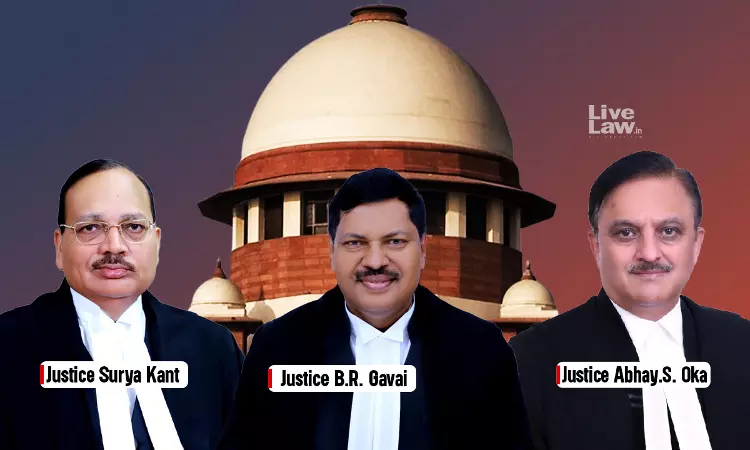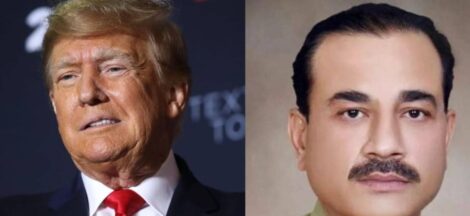The Supreme Court has initiated a critical examination of the Lokpal’s jurisdiction to investigate sitting High Court judges, following a contentious order by the anti-corruption ombudsman asserting such authority. This development has sparked a significant debate over the balance between judicial independence and accountability.
On January 27, 2025, the Lokpal, led by former Supreme Court judge Justice A.M. Khanwilkar, issued an order asserting its jurisdiction to investigate complaints against sitting High Court judges. This decision arose from a complaint alleging that an Additional Judge of a High Court had influenced judicial proceedings in favor of a private company, purportedly a former client of the judge. The Lokpal’s order stated that judges of High Courts established by Acts of Parliament fall within the ambit of Section 14 of the Lokpal and Lokayuktas Act, 2013.
In response, the Supreme Court took suo motu cognizance of the matter and, on February 20, 2025, stayed the Lokpal’s order. Justice B.R. Gavai, expressing concern, remarked, “It is something very, very disturbing.” The Court emphasized the need to define the Lokpal’s jurisdiction concerning complaints against judges, highlighting the existing in-house procedure established by the Supreme Court in 1999 to address allegations of misconduct against sitting judges.
During the hearing, Solicitor General Tushar Mehta underscored the necessity of delineating the Lokpal’s jurisdiction over complaints against judges. He stated, “Only one section of the Lokpal Act is to be examined… The limited issue is whether the Lokpal has the jurisdiction in case of complaints against the Hon’ble judges, what should be the method, what should be the mechanism.” This perspective aligns with the need for clarity on the mechanisms for addressing judicial misconduct.
Senior Advocate Kapil Sibal highlighted the fundamental issue of whether a complaint could be filed “outside the remit of constitutional authority.” He referenced the 1991 judgment in K. Veeraswamy v Union of India, where the Court held that filing an FIR against a judge requires the sanction of the Chief Justice of India. This precedent underscores the judiciary’s autonomy in handling allegations against its members.
To ensure a balanced consideration of arguments, the Supreme Court appointed Senior Advocate Ranjit Kumar as amicus curiae. Justice Gavai requested his assistance, stating, “Though he doesn’t want any legal representation, could we request you [to assist]? The Solicitor General and Mr. Sibal are largely on the same page, but if there’s another viewpoint, can you assist us?” This move aims to incorporate diverse perspectives in the Court’s deliberations.
The complainant, appearing in person, expressed his desire for the honor of both the Lokpal and the judiciary to be upheld. He declined free legal assistance, stating, “Whatever I have given in writing may be considered.” Justice Gavai assured the complainant of confidentiality, emphasizing that the Court would protect his identity and consider the cause he is trying to expose.




 Tharoor Concedes Misjudgment on Modi’s Ukraine Stand
Tharoor Concedes Misjudgment on Modi’s Ukraine Stand 